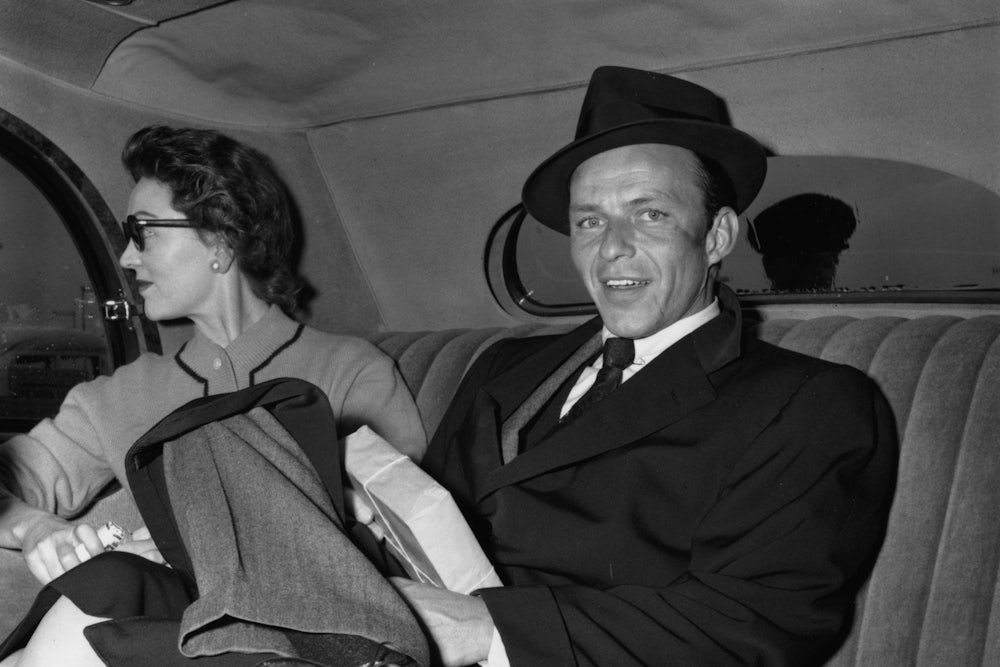Henry A. Wallace, Esq.
Sir:
I am writing this on December 7. There are only 14 more shopping days, just two more frantic Saturdays, till Christmas. I happened to be on Fifth Avenue this morning, in one of the big department stores, as who wasn’t? But I looked at the faces of the people. . . .
It’s hard to realize that on the second Pearl Harbor Day, in this time of so-called peace, only five years after that brutal Sunday when a Philharmonic concert was rocked by the shocking fragments of news flung from blasted Hickam Field, people’s faces look almost as they looked in 1929.
Now, as then, the prices are high. People are kicking about them, but paying them. Now, as then, the youngsters are a problem and the dancing is exhausting. Now, as then, a party to whom considerable has happened in the past 17 years wonders what’s going on, with the same ingrown, inexplicable fear he felt as a kid. Only as a kid it was obvious to me that the fear had to do with the insecurity of my future. Today the fear seems to have more to do with the insecurity of everybody’s future.
What little knowledge I’ve absorbed in the past 17 years has not come easy. But the first thing I ever learned still seems to be the most important thing that ever got through to me. And that is that a bunch of kids bound together in the unfashionable fraternity of economic insecurity aren’t going to mingle their discontents very successfully unless they mingle them with mutual respect. Mutual respect, whether it’s on the slum level of one little kid for another or at the top of the ladder where it’s one government for another, one race for another or one belief for another, is nothing but tolerance.
If this is the only thing I ever learn, I’m grateful. Because I believe not many men learn even one thing they can live by. If they did, I’m sure more would learn the same thing I learned. It’s not a hard concept to understand. It’s so simple they wrote a popular song about it, “Love Thy Neighbor.” . . .
It is now 15 months after the defeat of powers that laughed at tolerance and planned to enslave the world by setting one faith against another, one race against another and one nation against another. And what have we? We’ve made only small, suspicious progress toward international understanding while the world festers with racial and religious discontent, in most cases again fostered by interests that can hold control only by divisionism.
And these divisionistic tactics have even been able to invade the minds of people who think of themselves as liberal and progressive. Many of them, myself included, act largely on emotional impulses. We don’t like to see people pushed around. It doesn’t matter much to us who is pushing whom. There are people smart enough to take advantage of this weakness in the liberals’ thinking and to turn it to their own purposes. These are the people we’re going to have to look out for in the years to come.
It was pretty easy to march with the liberals and the progressives in the years of Roosevelt. We knew he wouldn’t let us go wrong. Until another leader we can trust, as we trusted him, takes up the fight we like to think of as ours—the fight for tolerance, which is the basis of any fight for peace—it’s going to be tough to be a liberal. Because the people who are most tolerant of every other group’s weaknesses and mistakes are most intolerant of any within their own ranks.
Even though we all make what are patently errors in thought and action from time to time, let’s not let anybody force us to break ranks. Let’s, at very least, hold our own line of mutual understanding until we’ve again found the leadership to give us direction.
May we find it before another December 7 catches up with a world almost oblivious to the fact that only 18 days separate the anniversaries of peace on earth and war on earth.
